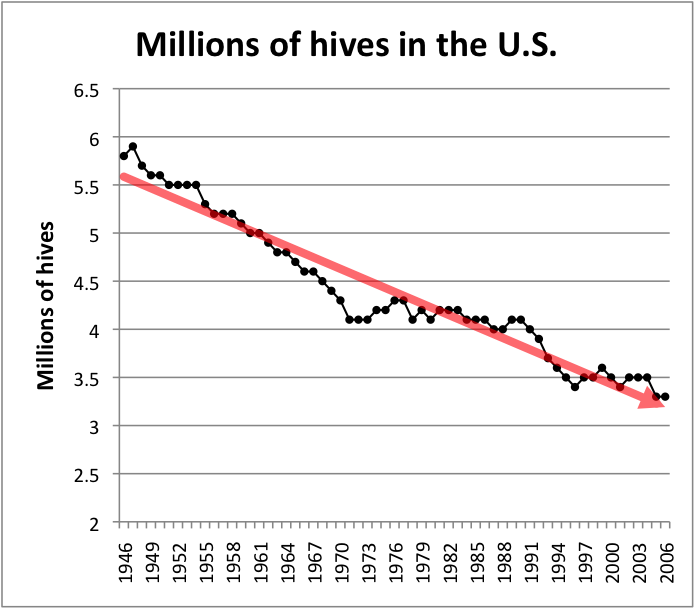![The view from Spain: British migrants fear Brexit impact Molly Williams, 24, believes freedom of movement is a fundamental right [Courtesy: Molly Williams]](https://www.aljazeera.com/mritems/imagecache/mbdxxlarge/mritems/Images/2019/1/29/763a6d06254e469c868bc4fd336693e4_18.jpg)
Molly Wallen, a British Expatriate living in Spain
Summary
Brexit is the term for Britain's exit from the European Union (EU). In June 2016 the citizens of Britain voted on whether or not they would like their country to stay in EU. The final referendum was to exit from the EU and as a result of this, the official date for Britain to leave the EU was set for the 29th March 2019. (https://www.nytimes.com/interactive/2019/world/europe/what-is-brexit.html)
While many UK residents are excited with the prospects of leaving EU, but in some of the other countries in the EU, British migrants worry for their rights and freedom after Brexit. Writer Joe Wallen from Aljazeera interviews migrants from Britain living in Spain about their concerns on Brexit. For the past two years their lives have been filled with worrying about the future while having sleepless nights. About 1.3 billion "British expatriates" reside in the European union, the largest fraction believed to be in Spain. Wallen talks to Molly Williams, 24, who has traveled all over the union. Her biggest fear is losing the ability to move freely across Europe and to be restricted to a particular area, like foreigners from non EU countries.
Meanwhile Jo Chipcase, 47, is worried for her children, who have experienced only the Spanish schooling system and want to continue studying at a nearby university. Uprooting their entire life could change their entire future and demeanor.
Normally everyone reacts to stress differently, Sue Wilson, 65, believes a no-deal Brexit won't happen, reliant on an extension for article 50. Her main worries include the depericiating currency, British Pound, will negatively affect her family's income. These are just are perspectives of a few people, but over 310,000 face an uncertain future. Brexit continues to scare people as the deadline closes in.
Reaction
It is appalling to see the impending chaos that will be caused by the exit of one of the most powerful nation from a strong economic block. As an outsider, it is hard to understand the intent of Britain's exit, but I believe that the citizens of Britain came together to vote for what they felt would be best for their country's future. Nationalism plays a big role in making a country strong and powerful, and Britain's citizens felt that being part of a larger union or group was a hinderance in their path. However, they did not fully anticipate the immediate impacts on their own economy and the lives of their citizens abroad.
Connection
Brexit seems similar to the collapse of the Soviet Union after the Cold War. The disintegration of the USSR led to the formation of smaller and weaker economic powers, that could not sustain the challeges posed by the global economies. As a result, many of the disintegrated countries lack wealth and opportunities that existed while they were a part of the larger union with Russia. Will Brexit lead to the disintegration of the entire union?
Questions for discussion
1. What steps can be taken to plan Brexit to occur smoothly this year?
2. It seems that Brexit can not be prevented now. What are some of the action items that the British expartriates need to take now, in order to prevent major disruptions to their lives post Brexit?
3. How do you think the citizens of the other EU countries will start treating their British expatriate once they cease to be a part of the union?













